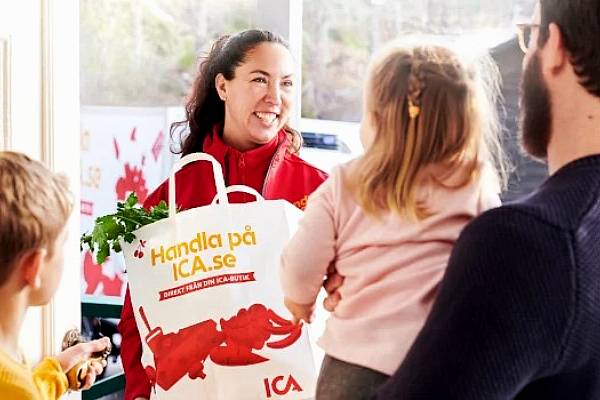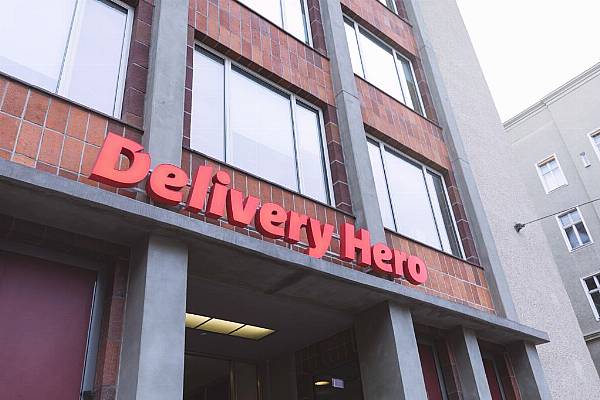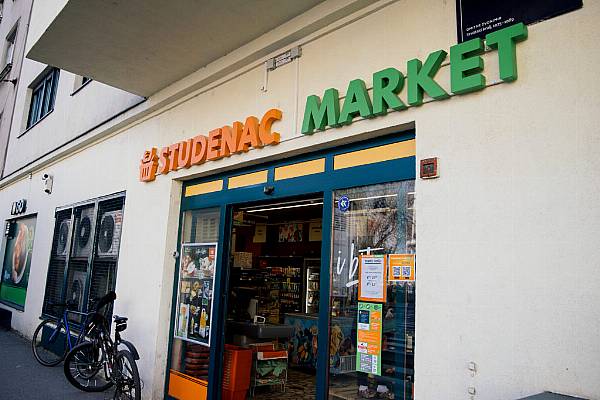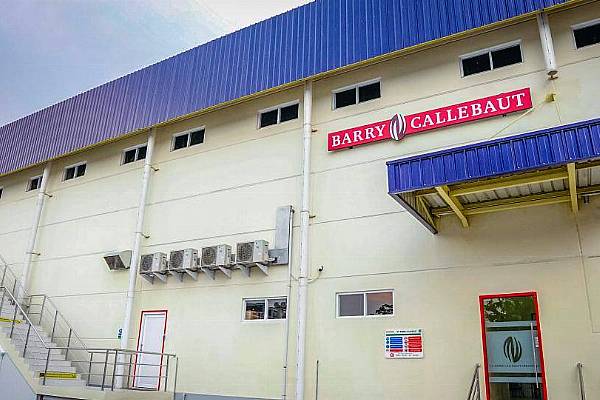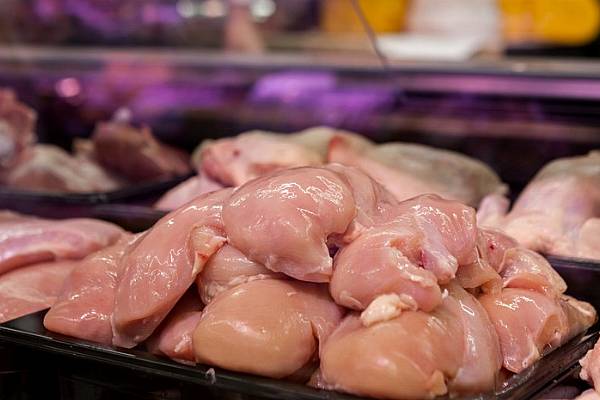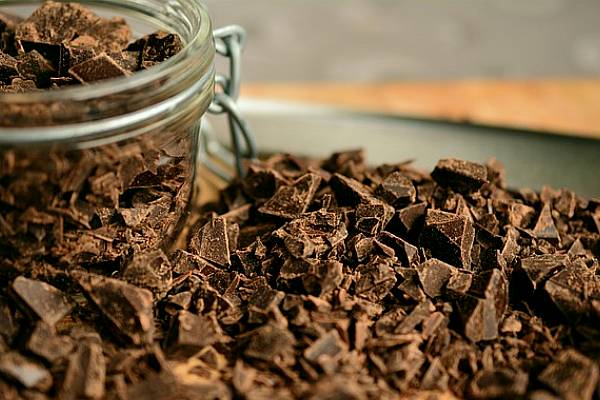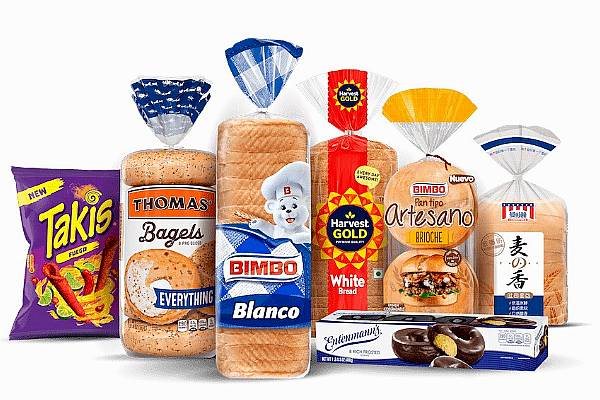Coffee growers in Vietnam, the top producer of robusta beans used by Nestle SA, are probably holding the smallest stockpiles in three years after rising prices boosted sales, signaling a shortage in global supplies.
Farmers had unsold inventories equal to 5 per cent of the record harvest at the end of August from 10 per cent a year earlier, according to the median of estimates from 10 traders compiled by Bloomberg.
That’s the lowest since 2011, previous surveys show.
Production may drop 3 per cent to 1.65 million metric tons in the year starting October or 27.5 million bags of 60 kilograms (132 pounds) each, the traders say.
Futures in London have advanced 19 per cent this year on speculation that consumption will outstrip supply.
The robusta shortfall will be 1.9 million bags and the arabica deficit is poised to be 6.9 million bags in the 12 months from October, according to Volcafe Ltd.
Drinks makers have been buying more of the cheaper robusta beans after their discount to the arabica variety widened as much as three-fold this year.
“There’s very little coffee left among farmers,” said Phan Hung Anh, deputy director of Dak Lak-based Anh Minh Co., the largest private exporter by volume.
“The beans are mainly with quite wealthy people, so domestic prices have to reach about 43,000 dong to 44,000 dong a kilogram for them to sell.”
That’s about 92 cents to 94 cents a pound.
Robusta futures traded at $2,011 a ton on NYSE Liffe today. Arabica, the variety favored by Starbucks Corp., has increased 66 per cent to $1.837 a pound this year.
The premium of arabica over robusta climbed as high as $1.166 a pound this year from 34 cents at the end of December.
Deepening Arbitrage
The widening gap with arabica has encouraged more roasters to buy robusta, Kona Haque, the head of commodities research at ED&F Man Holdings Ltd. in London, said in July.
“Ever since arabica supplies tightened in 2011 due to problems in Colombia and Brazil, roasters have been investing in processes that have allowed them some flexibility in their blends, which they can now tweak, depending on the arbitrage,” she said in an interview.
While reserves have dropped in Vietnam, inventories are increasing on the London bourse.
Stockpiles with a valid grading certificate in warehouses monitored by Liffe expanded 3.6 per cent to 87,100 tons as of Sept. 1 from two weeks earlier.
“Liffe robusta coffee futures will remain supported by weather risks across the arabica variety, but stocks are building ahead of the Vietnam harvest,” Rabobank analysts including Tracey Allen in London wrote in a report earlier this month.
They forecast futures will average $2,000 through the third quarter and ease to $1,900 in the fourth quarter.
Rainfall Doubles
Farmers in Vietnam had 84,000 tons of unsold inventories at the end of August from a record 1.7 million ton harvest, compared with 150,000 tons a year earlier when the crop was 1.5 million tons, according to the Bloomberg survey.
Warehouse stockpiles in and around Ho Chi Minh City fell 60,000 tons through Aug. 26 from the end of July to 235,000 tons, “confirming that less and less coffee is available up-country,”
Tong Teik Pte, a company owned by RCMA Commodities Asia Pte, wrote in a Sept. 3 report.
Rainfall recorded in Dak Lak averaged 310.8 millimeters in August at 10 stations, including one in neighboring Dak Nong province, 63 per cent more than last year, according to the Meteorology and Hydrology Department.
July rainfall was 400.4 millimeters, more than double the amount a year ago.
Dak Lak supplies about 30 per cent of the harvest.
Beneficial Rains
While the heavy rains caused disease in some regions and resulted in loss of cherries, they boosted crop development, growers said last month.
The weather has been very favourable for the crop this year, Tong Teik said.
The rainfall will also help the harvest next year, said Anh of Anh Minh Co.
“Rains in the Central Highlands have been more than usual this year, helping strengthen the coffee plants, so there are good prospects for the 2015-2016 crop,” Anh said.
The global market, including arabica and robusta, will have a shortage of 8.8 million bags in 2014-2015, the most in nine years, from a surplus of 7 million bags this season, as drought reduces the crop in Brazil, the biggest grower, according to Volcafe, a unit of trader ED&F Man.
Farmers worldwide will harvest 142.7 million bags of coffee, the lowest in three years and 8.1 per cent less than a year earlier, while consumption is set to climb 2 per cent to 151.5 million bags, Volcafe said.
Bloomberg, edited by ESM

